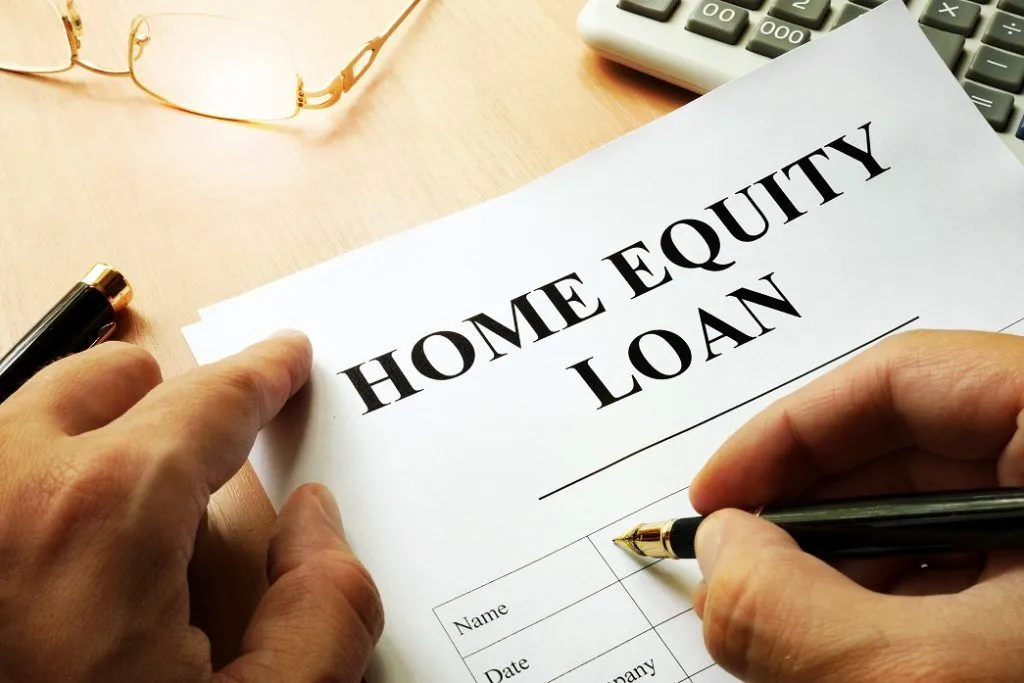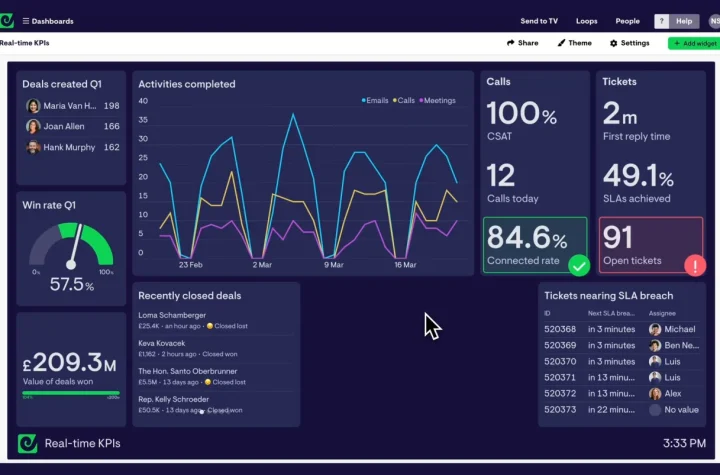
Home equity loans are an increasingly popular source of funding for debt consolidation and home improvement projects, as well as for funding education expenses or building an emergency savings cushion.
Prior to taking out a home equity loan, it’s essential that you know your goals clearly or you could become mired in a cycle of borrowing and spending – increasing the risk of foreclosure.
1. Refinance Existing Loans
Home equity loans have become an increasingly popular way of consolidating debt or making large purchases, yet homeowners should carefully consider their risks before taking out one. Home equity loans use your home as collateral and require monthly payments similar to your mortgage – should you default on either, you risk losing it altogether! Furthermore, interest payments on HELOCs or home equity loans are only tax deductible if they’re used specifically to buy or improve real property.
Home equity loans can provide an economical means of funding various goals, from increasing savings in a retirement or college fund to paying down credit card debt and undertaking major home improvement projects. Refinancing requires closing costs; thus it is wise to evaluate whether refinancing will actually pay off in terms of savings vs costs involved before attempting it; otherwise it might not make financial sense at all – other options might be better such as cash-out refinancing or second mortgage options instead.
2. Pay Off High-Interest Credit Cards
As part of their application for a home equity loan, lenders will assess your home’s value, equity stake and creditworthiness. Credit card debt may negatively impact both of these areas and could even impact whether you qualify for the loan in question.
Utilizing your home equity loan to pay off high-interest credit cards could help improve your credit by decreasing your utilization ratio – the ratio that measures how much credit was used as a percentage of total available limit – beyond 30% can severely diminish scores.
Consolidating credit card debt into one manageable loan may save money by lowering interest costs, depending on its usage; tax breaks may even apply depending on how you spend the funds. Furthermore, consolidating can make bill payments simpler while making tracking and paying down balances simpler; but be wary that high balances don’t creep back up again, increasing interest costs further and stretching repayment periods further out.
3. Build An Emergency Fund
Rising home prices have provided many homeowners with increased equity; yet how best to use this equity for financial security remains unclear.
Utilizing a home equity loan or HELOC can be an ideal solution for homeowners who want to ensure they have access to funds in case of emergencies or unexpected expenses. But as with any form of borrowing, it’s essential that a comprehensive savings strategy be in place in case such situations arise requiring further borrowing against home equity.
Instead of using home equity for vacations, shopping or other unnecessary purchases such as luxury items, it may be more prudent to establish a separate savings account specifically for emergencies with funds from your HELOC loan or line as part of that plan.
4. Pay For Continuing Education
Homeowners with equity can qualify for lump sum funds at more favorable rates compared to alternatives such as private student loans and credit cards; additionally, interest on home equity loans may even be tax-deductible*.
As college education costs increase annually, millions of parents are grappling with how they’ll pay for tuition expenses for their child(ren). While grants and scholarships can help cover some costs, not always enough does. Therefore, many are turning to home equity loans (HELOCs), which offer low interest rates with large withdrawal amounts available at once. It is important that before making this decision it be carefully considered as using your property as collateral puts your property at risk of foreclosure should any payments fall behind schedule.





More Stories
DeFi and Web3 Personal Finance for Cautious Beginners
Managing Finances for Blended Families and Modern Non-Traditional Households
Wealth Building Strategies for Solopreneurs and Freelance Professionals